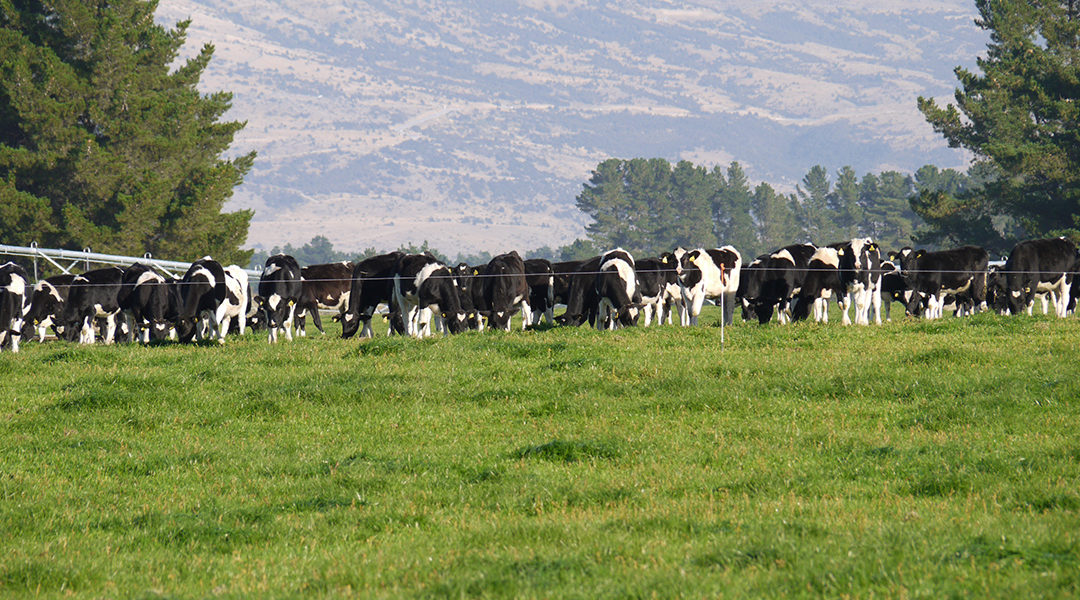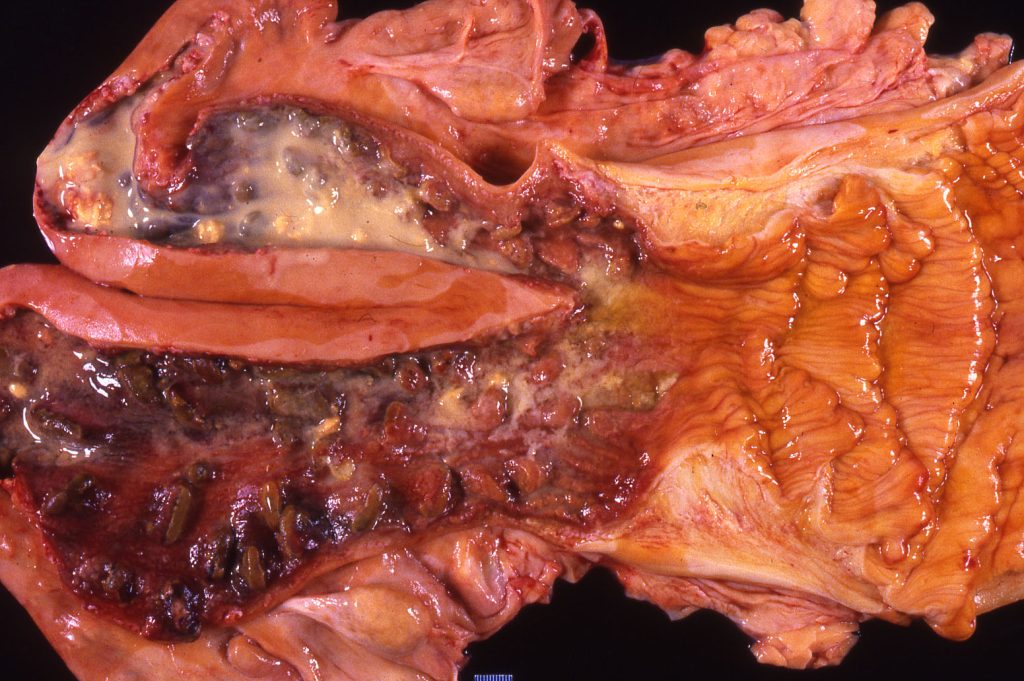
Metrichecking is used to detect endometritis, or ‘dirty cows’. Endometritis is a chronic infection of the uterine lining and severely affects reproductive performance if left untreated.
Metrichecking is used to detect endometritis, or ‘dirty cows’. Endometritis is a chronic infection of the uterine lining and severely affects reproductive performance if left untreated. Most cows with endometritis will appear to visibly self-cure given enough time. However, few cows will actually be cured.
This can be due to the cervix closing around 30 days after calving, or small amounts of pus may only be visible intermittently. Unfortunately, infections that are not very bad still prevent pregnancies. This means we need to be able to detect and treat very mild infections, not just the very worst ones.

Image reproduced with permission of NSAID.org.uk
Recent evidence shows that the best time to detect infections after calving with metricheck is between 8 and 18 days, although sometimes we do find that treating cows is easier from 14 days. This makes sense because the cervix is still open at this stage, and all cows that have infections are still quite bad and so are easier to detect. Trial work has shown that cows that were treated nice and early were found to get in calf eight days earlier, have a 10% higher six-week-in-calf rate and a lower empty rate than cows that were infected but not treated – that is allowed to cure on their own over a longer time period.
Finding and treating cows early, leads to better reproductive performance. This is proven to be financially rewarding and is more efficient with a lower carbon footprint. Recent work has also shown that endometritis also affects cow general health. Collar monitored cows with endometritis improved their rumination rates when they were treated with Metri-Clean™.
If the first metricheck is done on the milking herd before the first cow has been calved 30 days, there is a very good chance of detecting most infected cows. Do not forget that the very early calver/late abortion cows are very likely to be infected, so doing this first test soon after calving starts but including these very early outliers may well be worthwhile. After that, if a repeat metricheck is done every 14 days, this should mean all cows get checked first when they are between 5 and 19 days calved. Most cows will obviously be ok, or obviously need treatment.
If you do your own metrichecking, then present all, even slightly dubious cows, for treatment. Letting someone who has seen hundreds of times more variations of discharge is probably a good idea. Some farmers will test every cow at each metricheck; others will not recheck cows that have been tested clean. Metrichecking, or any test, is not 100% accurate unfortunately, so checking again gives the opportunity to find cows that got missed at an earlier test.